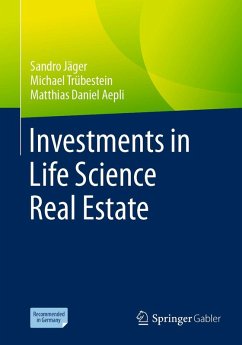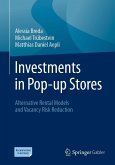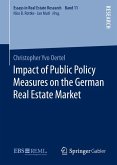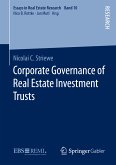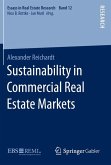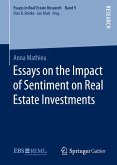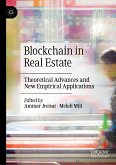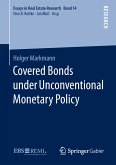Life sciences real estate has gained attention from investors seeking alternative options to traditional real estate sectors. This niche market has seen increased capital inflows and investor interest due to attractive returns and risk diversification. The industry encompasses various specialized subdisciplines, each with unique building and space requirements. However, the complexity and diversity of the sector pose challenges for investors in evaluating advantages, disadvantages, and risks.
This textbook has been recommended and developed for universitary courses in Germany, Austria and Switzerland.
Contents
- Introduction
- Life Sciences Overview
- Life Sciences Real Estate
- Methodology
- Life Science Real Estate Analysis and Results
- Discussion and Conclusion
- Summary and Outlook
About the authors¿
Sandro Jäger MScRE is Investment Specialist, Real Estate & Private Markets, Director at UBS Asset Management Switzerland. He holds a MScRE-degree from Lucerne University. During his research, he especially focused on investments in life science real estate.
Prof. Dr. Michael Trübestein FRICS is professor of real estate management and investments as well as Head of the Master of Science in Real Estate (MScRE)-program at Lucerne University (HSLU). Furthermore, he was elected president of the RICS in Switzerland in 2019.
Dr. Matthias Daniel Aepli is lecturer at Lucerne University (HSLU), entrepreneur in the real estate sector and author of various publications in the area of real estate management, investment strategies, asset management, corporate financial management and risk management.
Dieser Download kann aus rechtlichen Gründen nur mit Rechnungsadresse in A, B, BG, CY, CZ, D, DK, EW, E, FIN, F, GR, HR, H, IRL, I, LT, L, LR, M, NL, PL, P, R, S, SLO, SK ausgeliefert werden.

